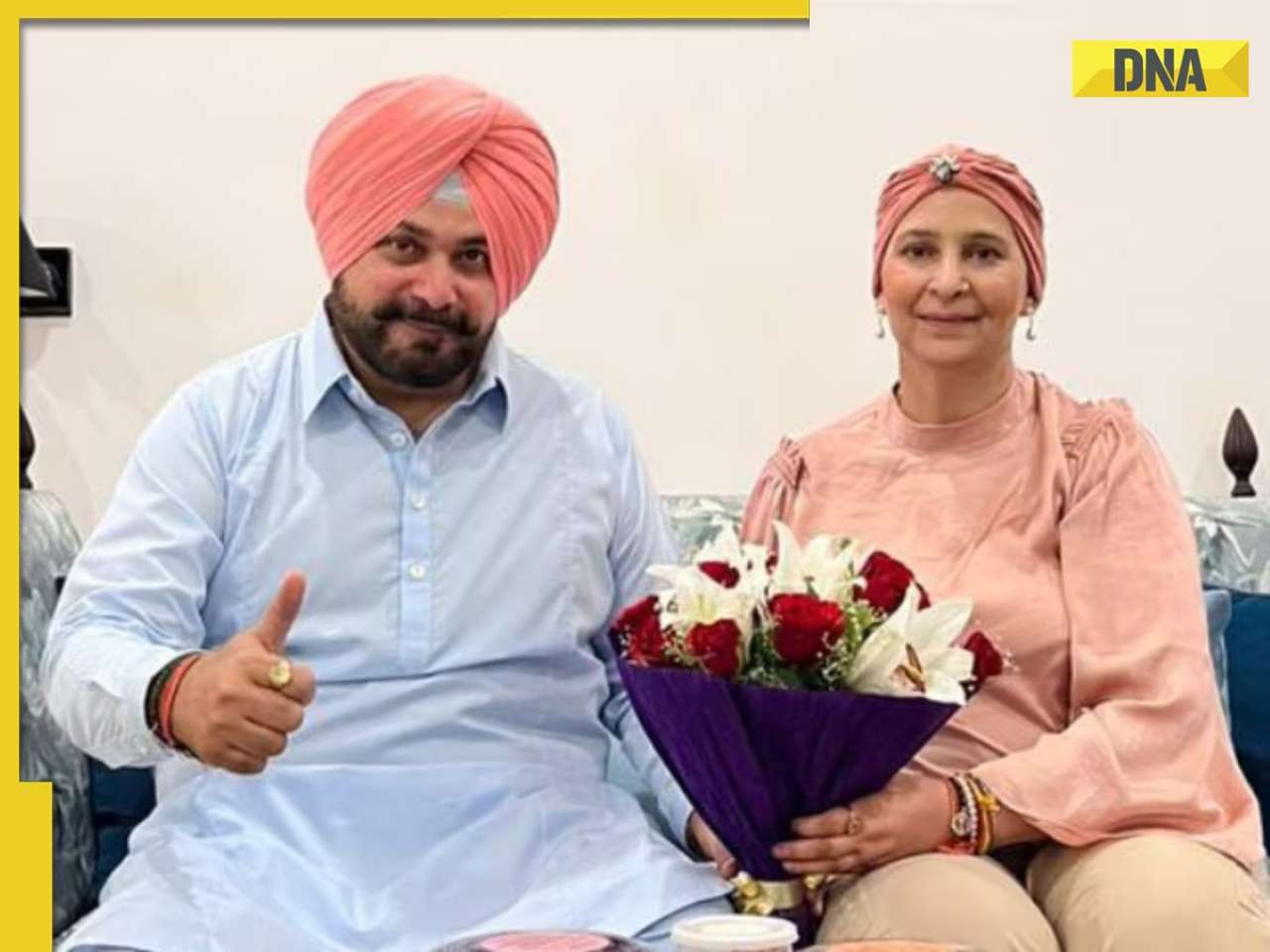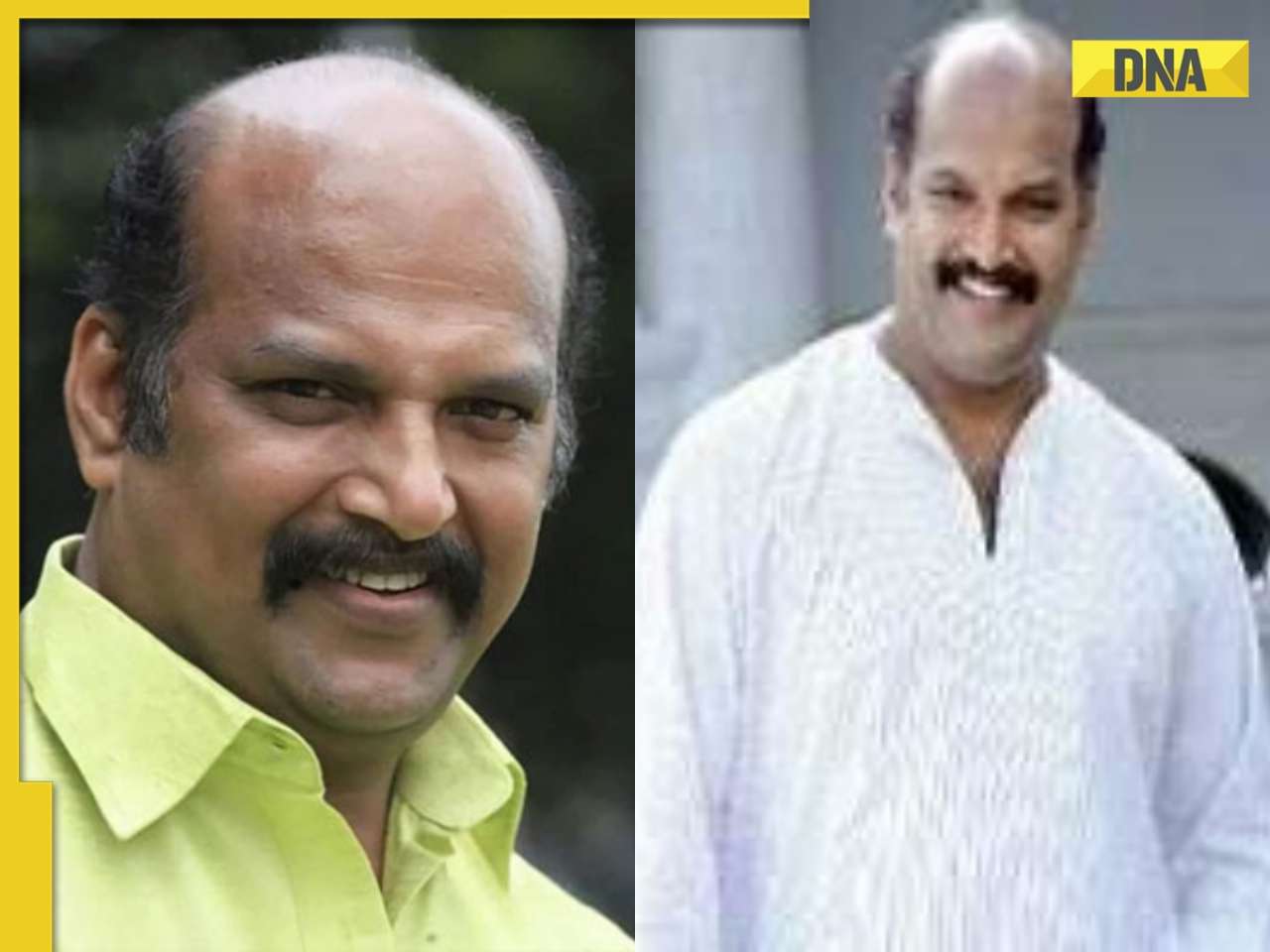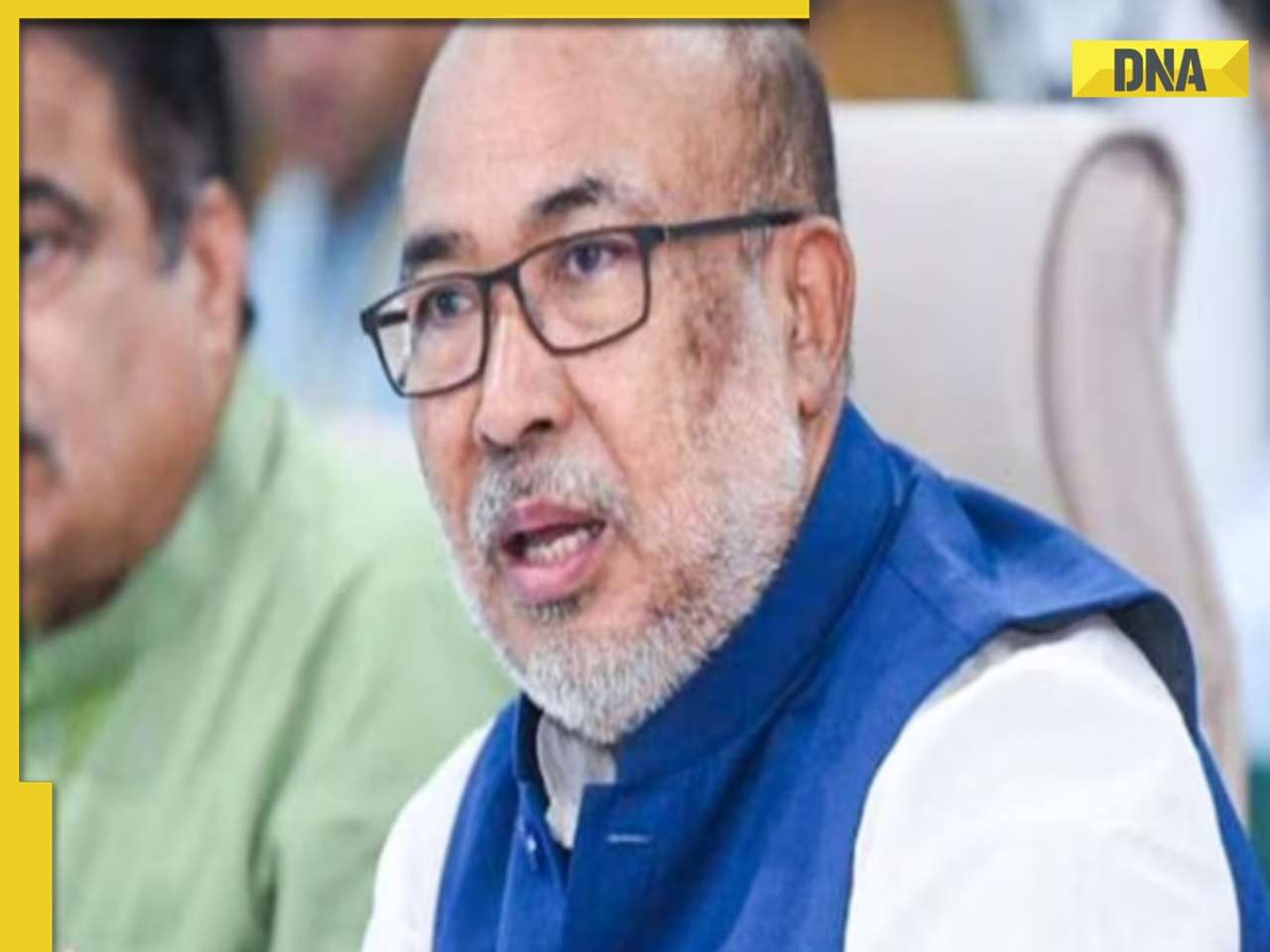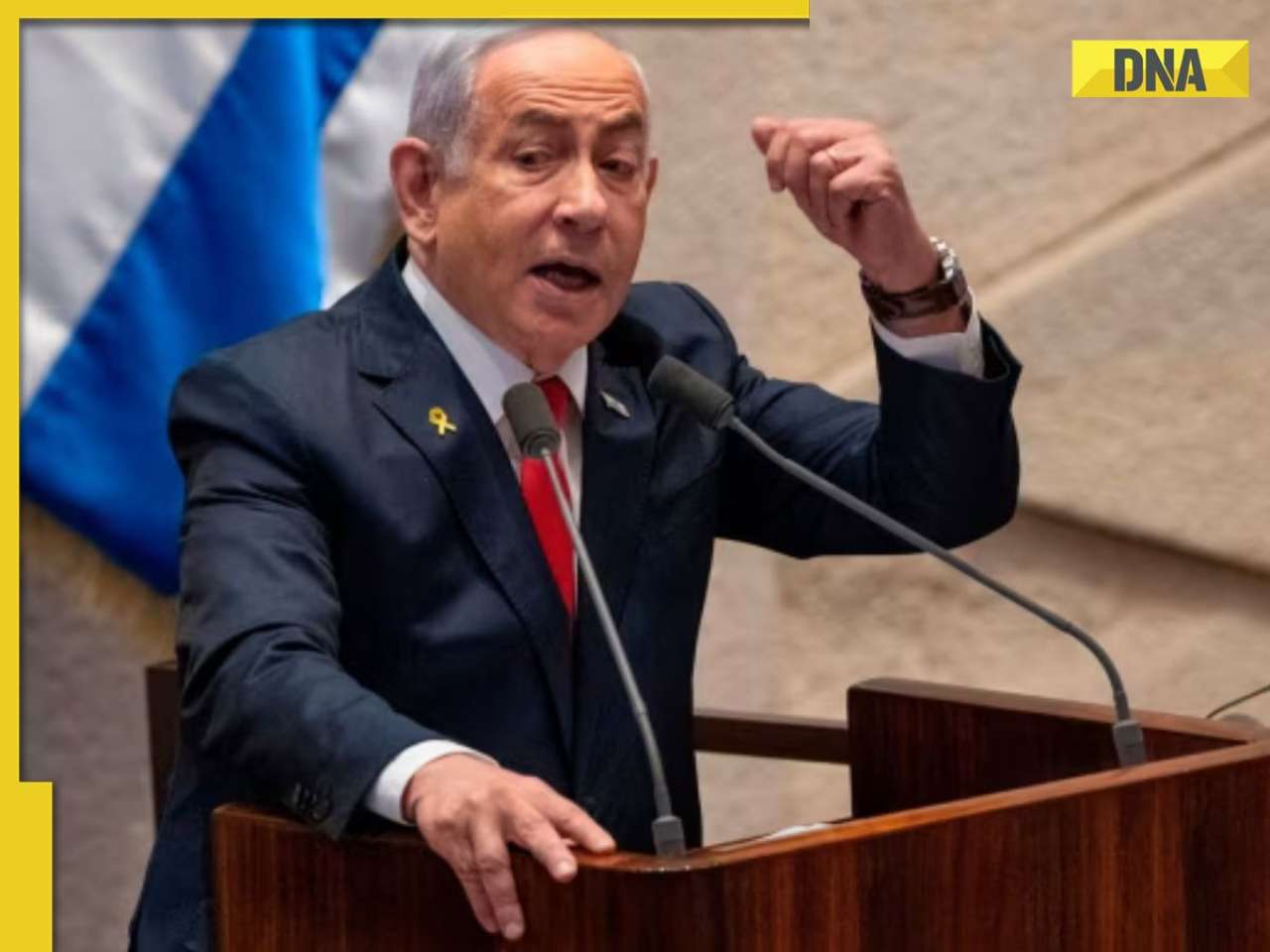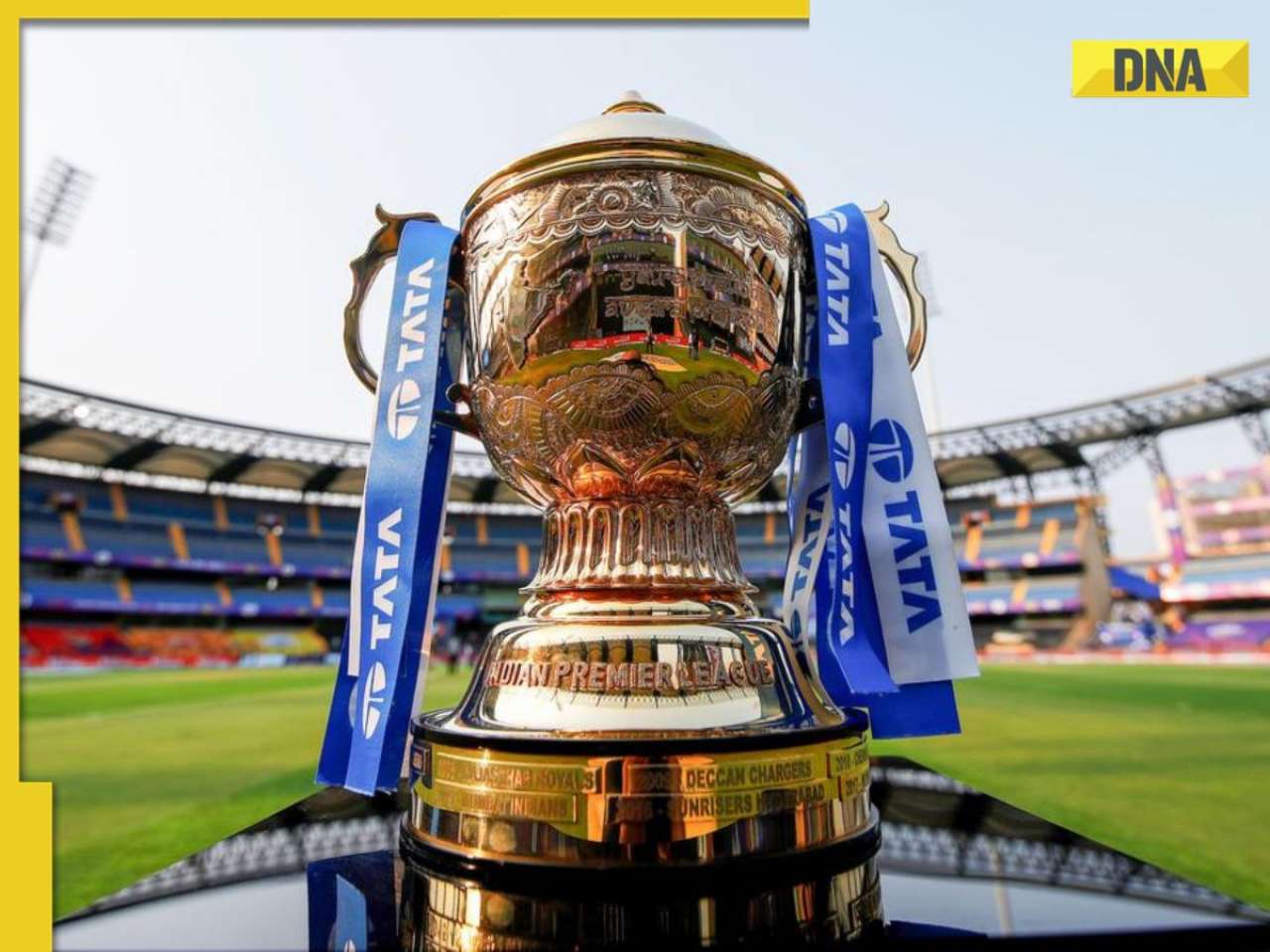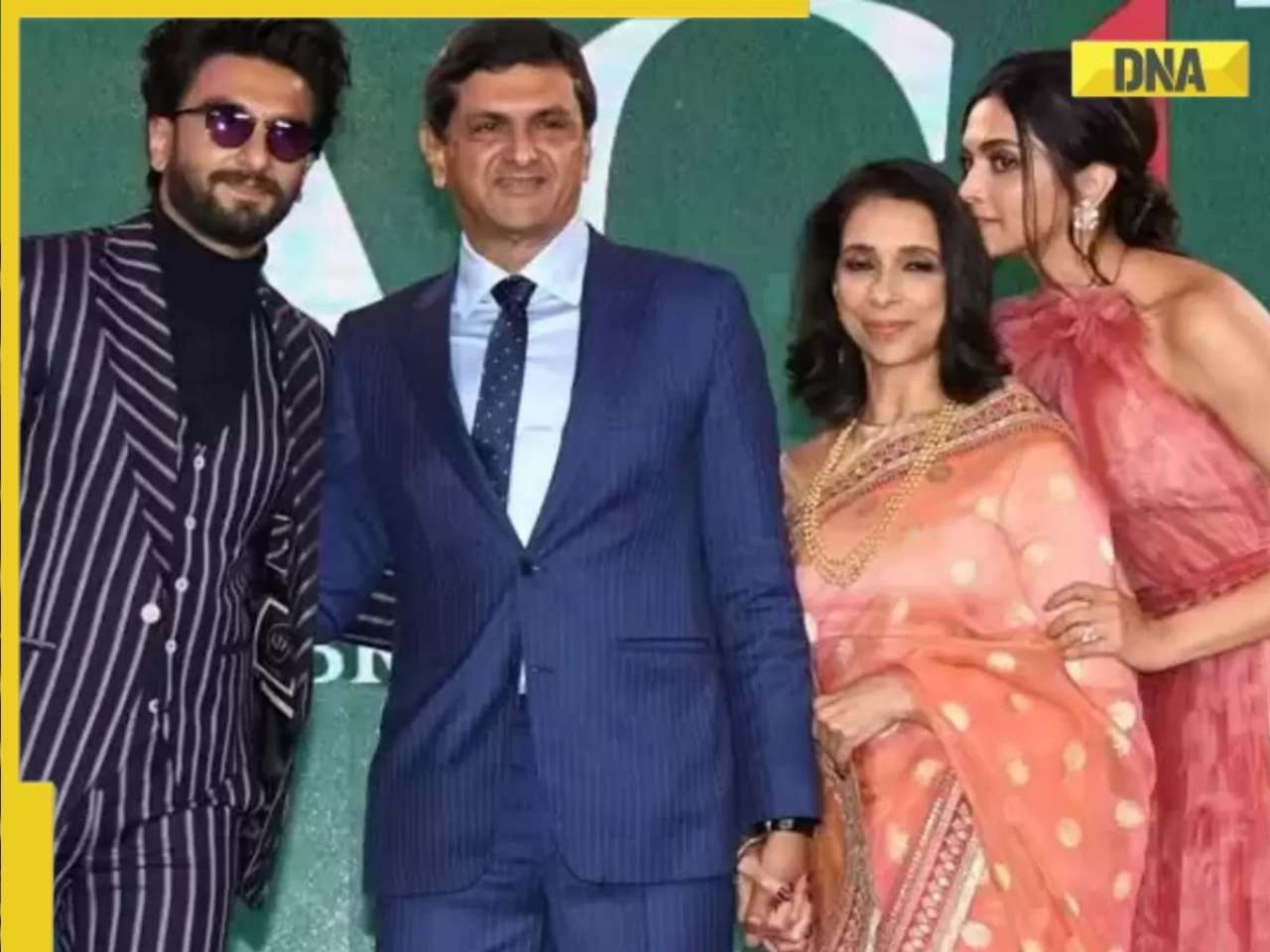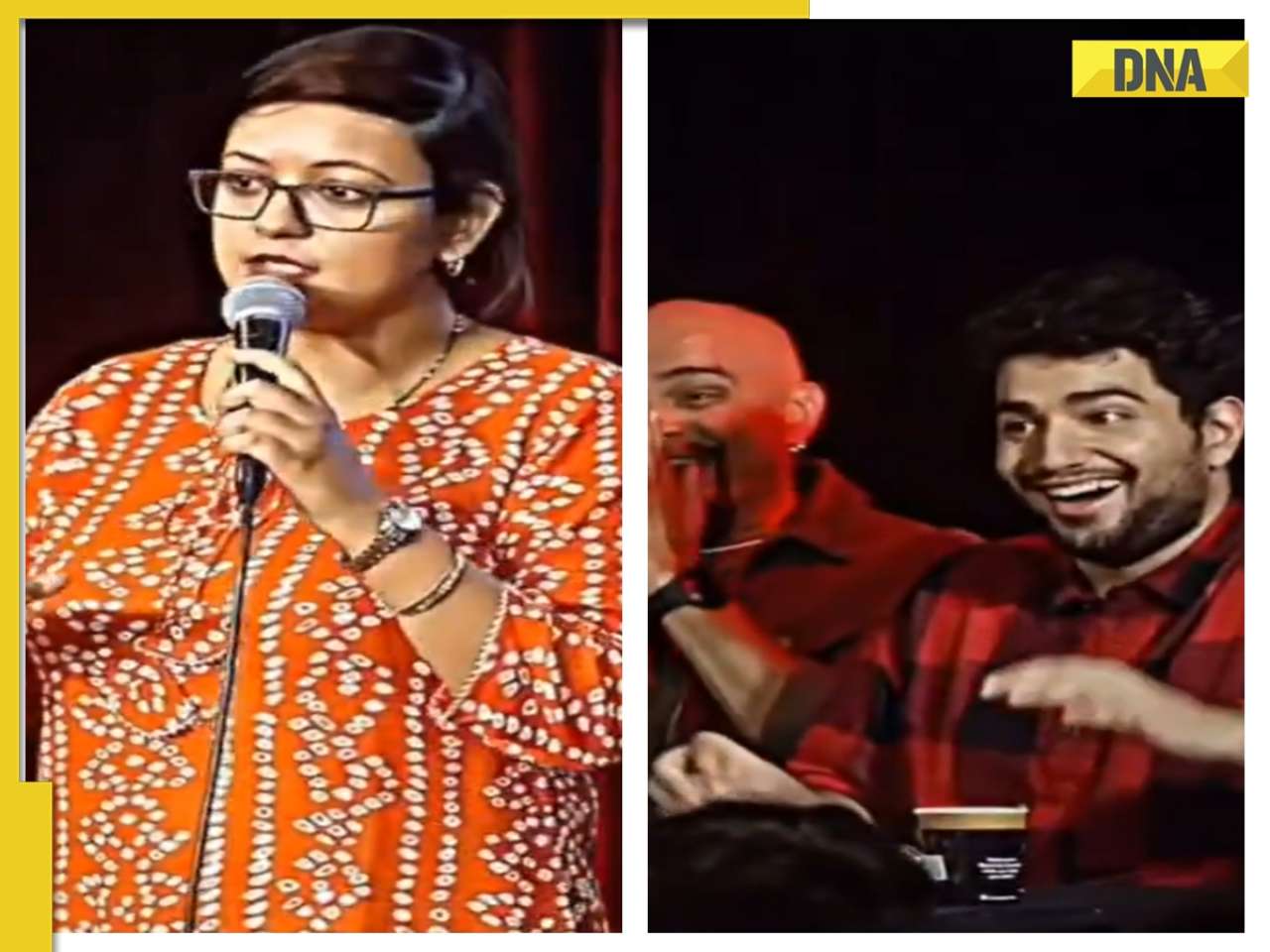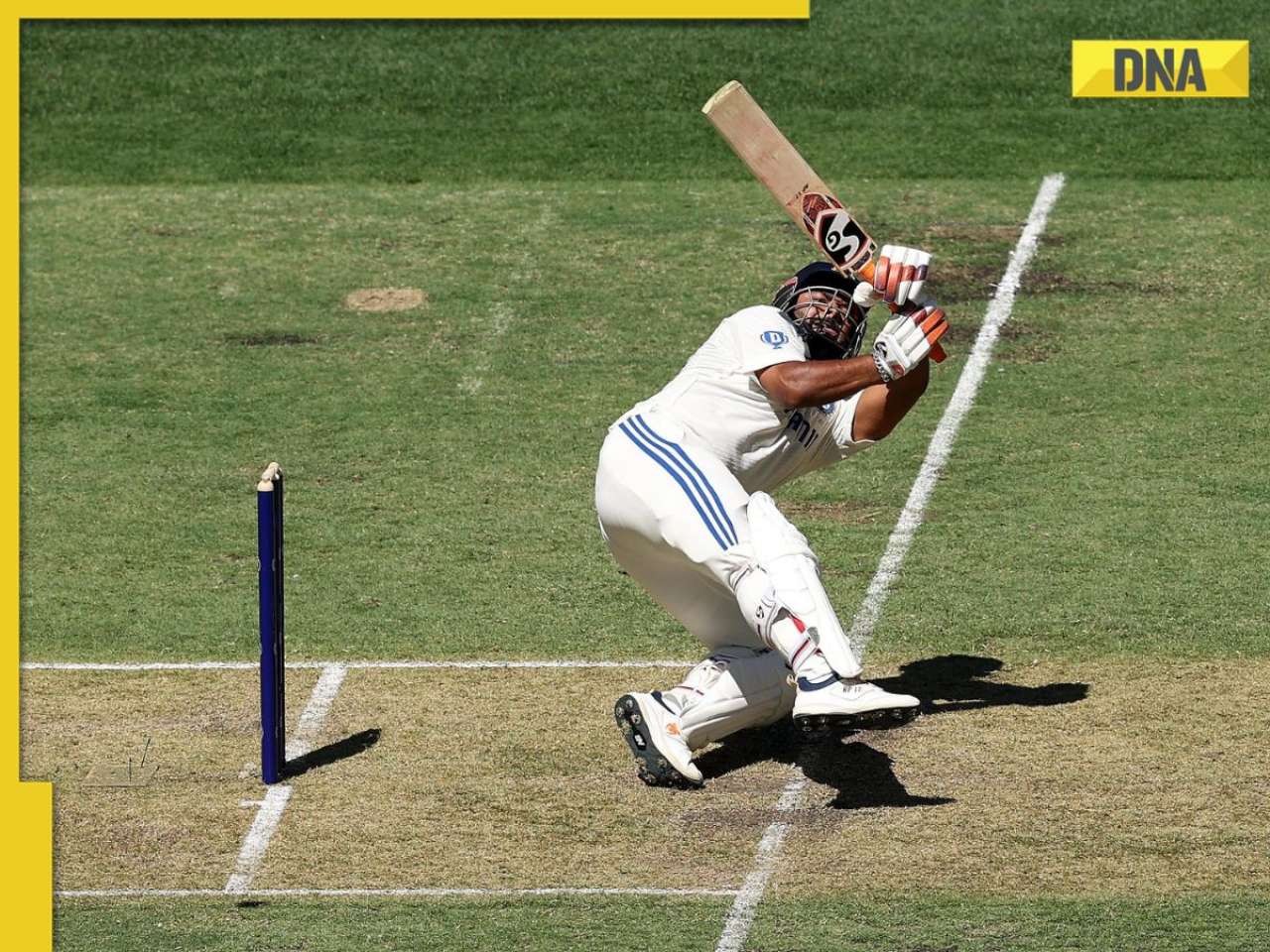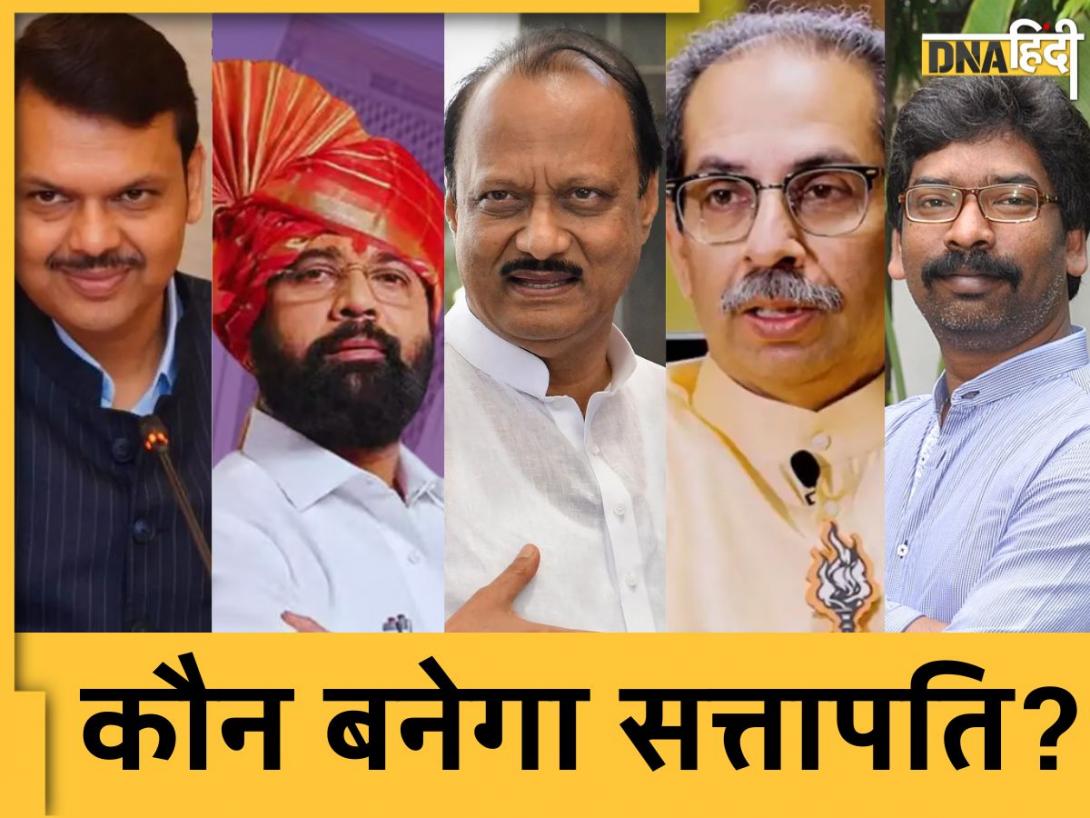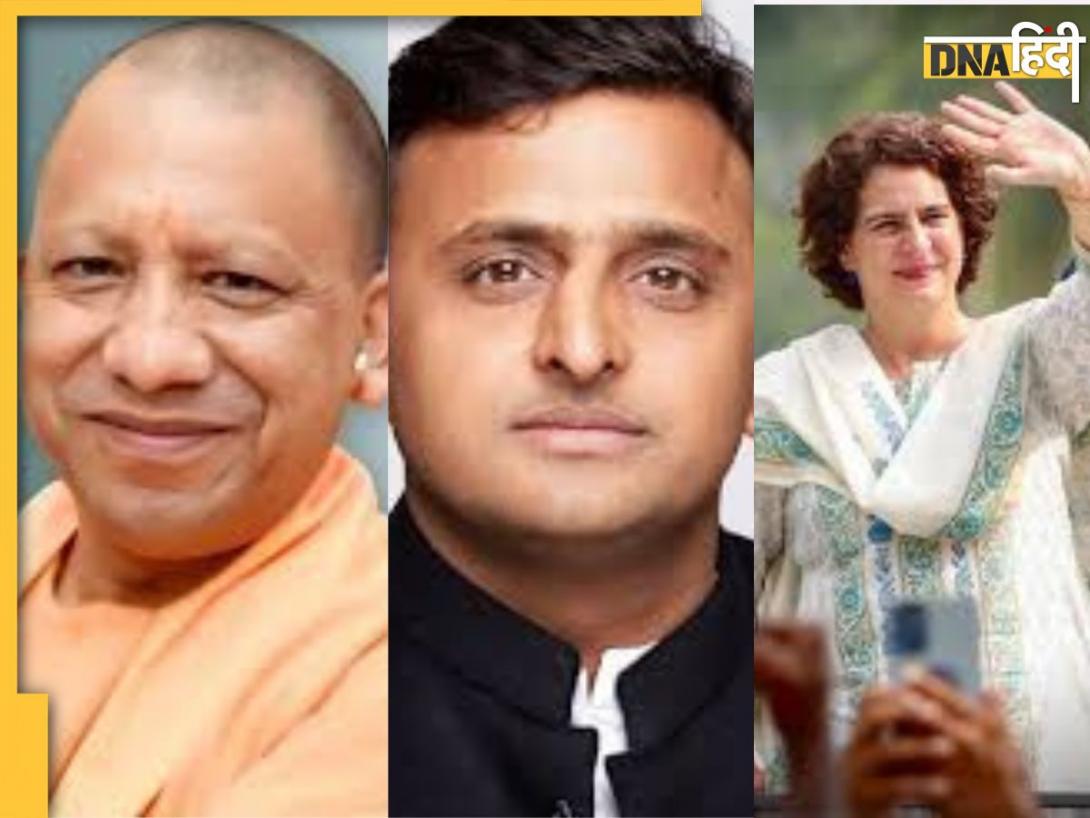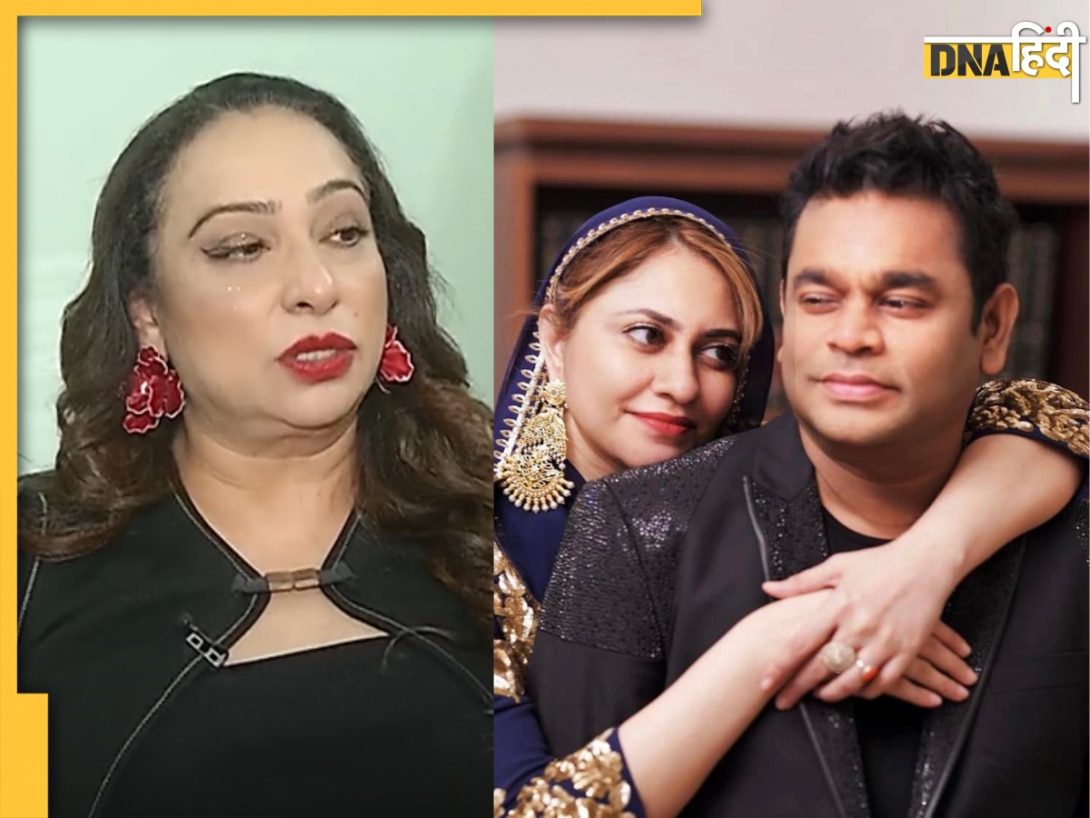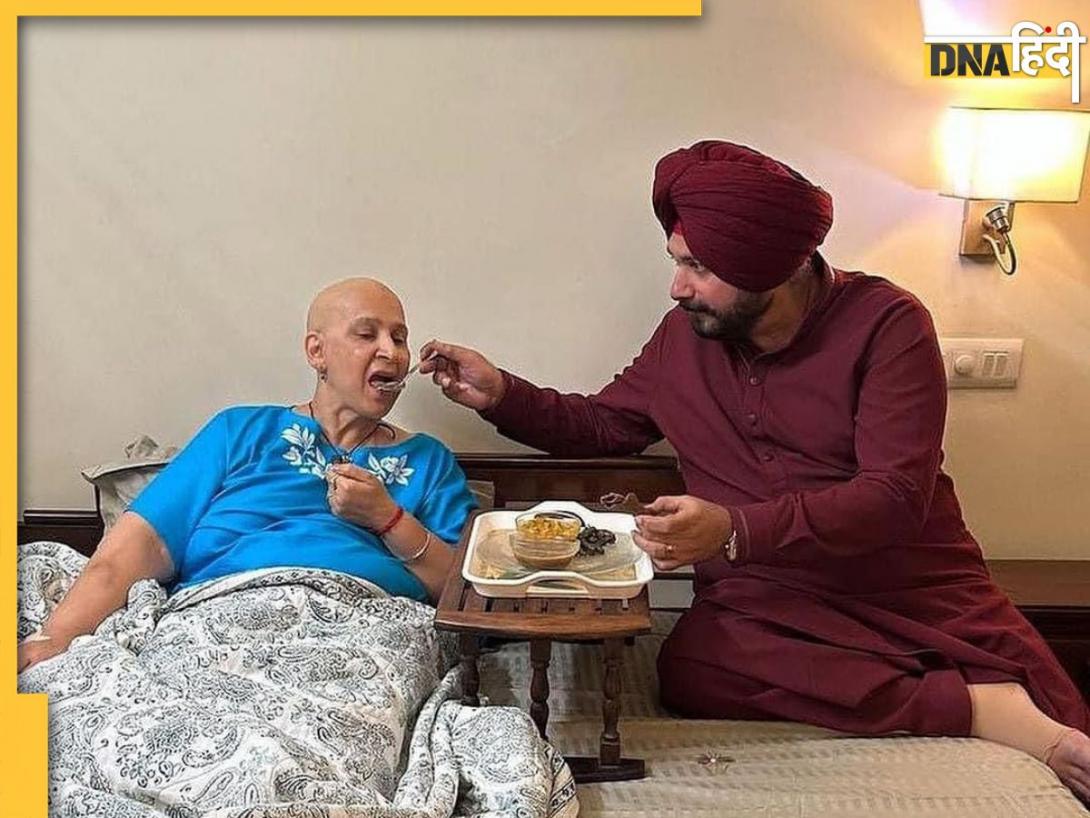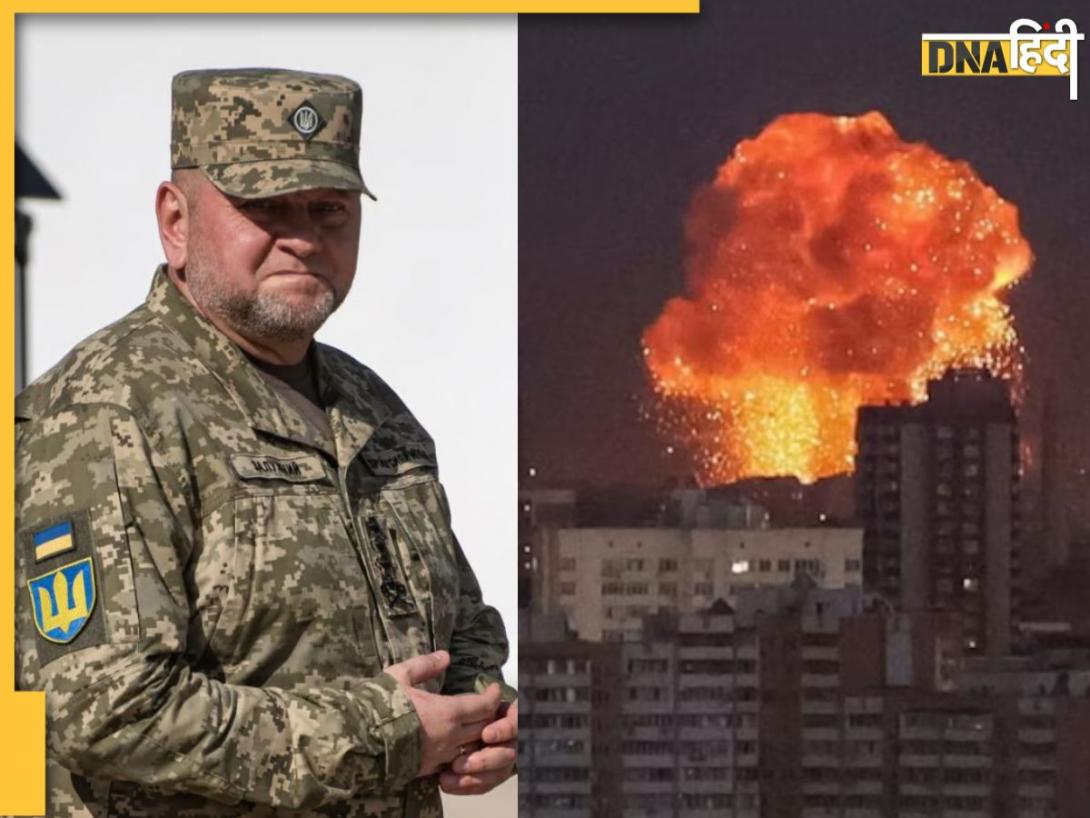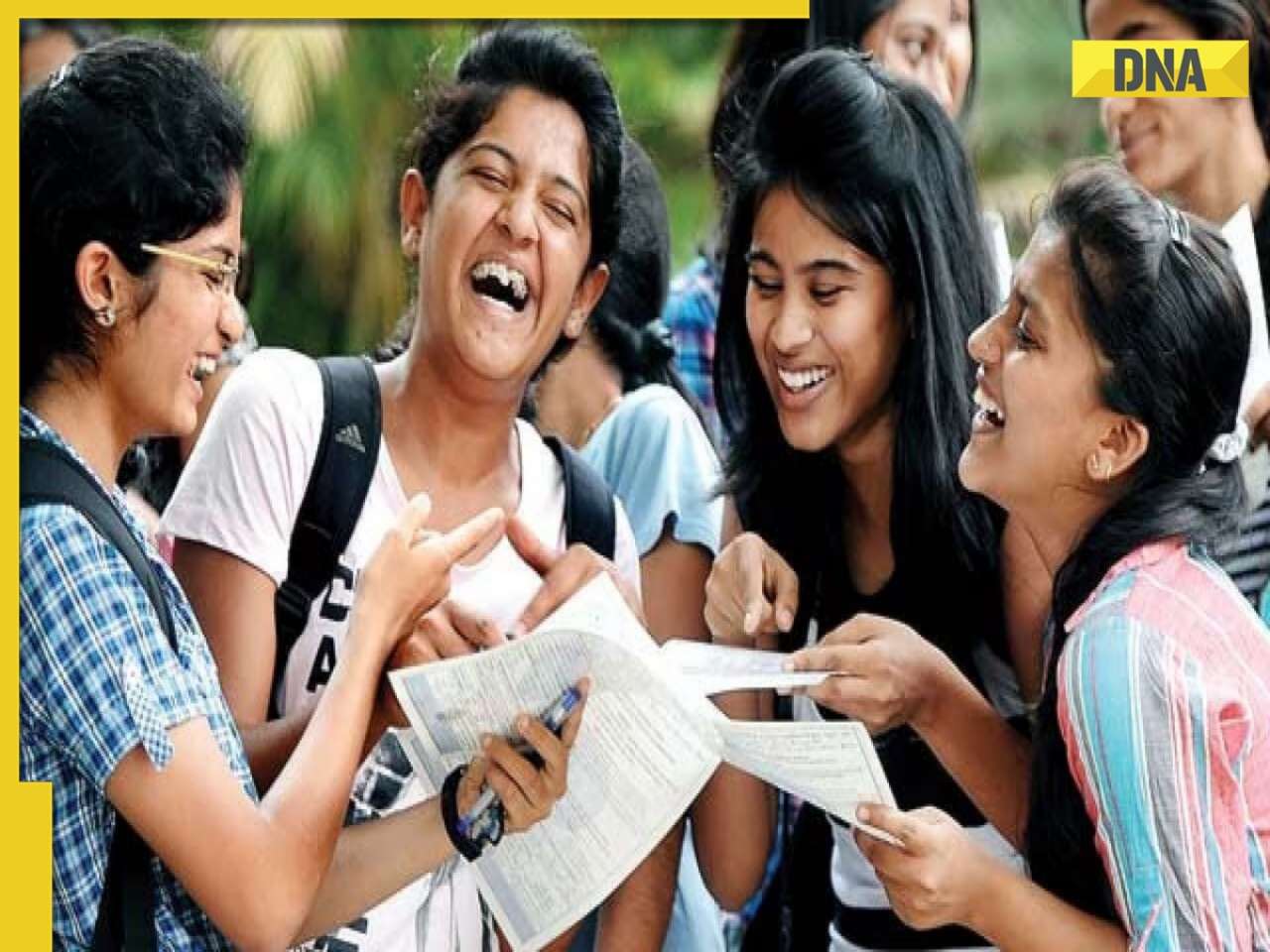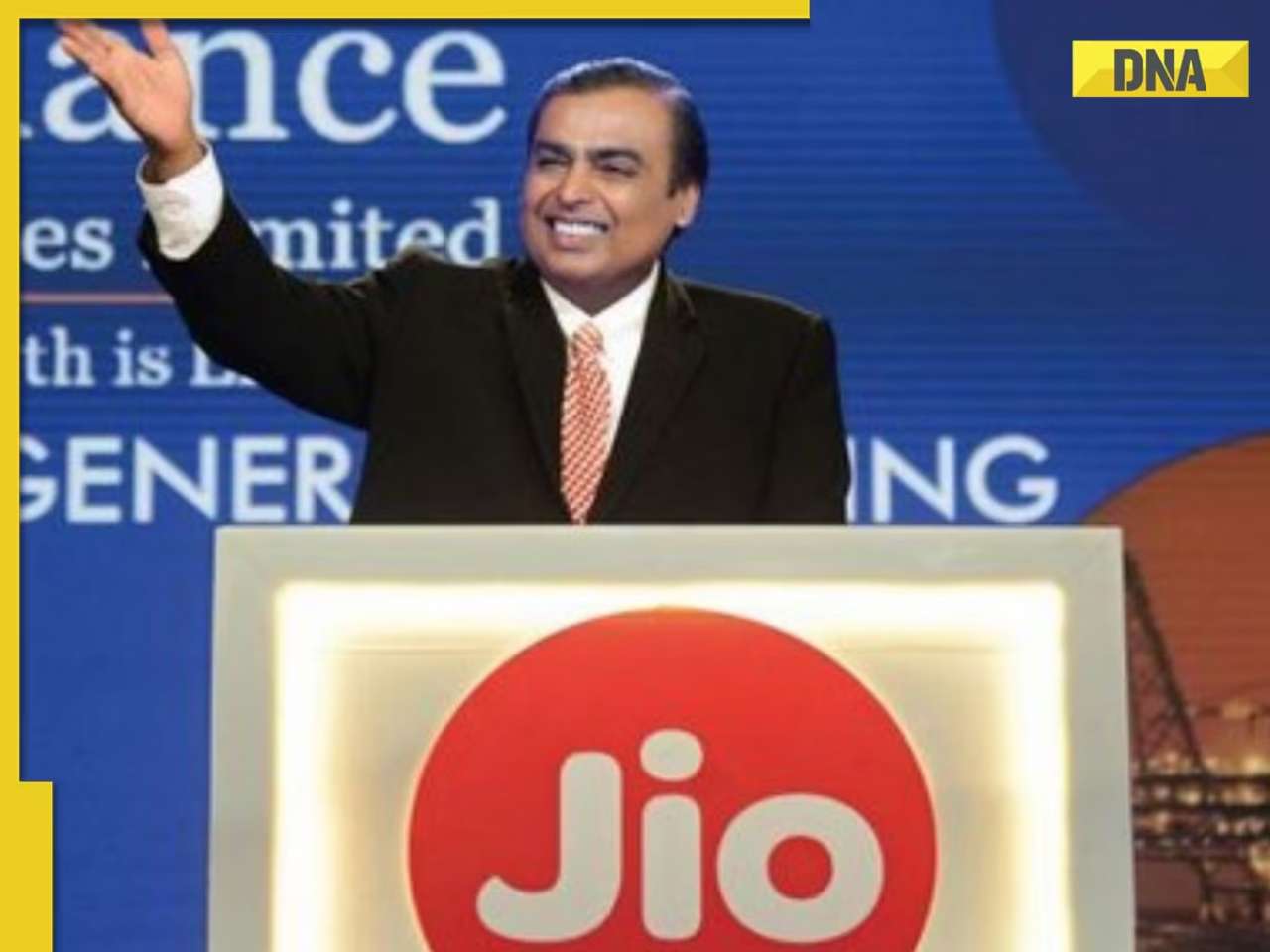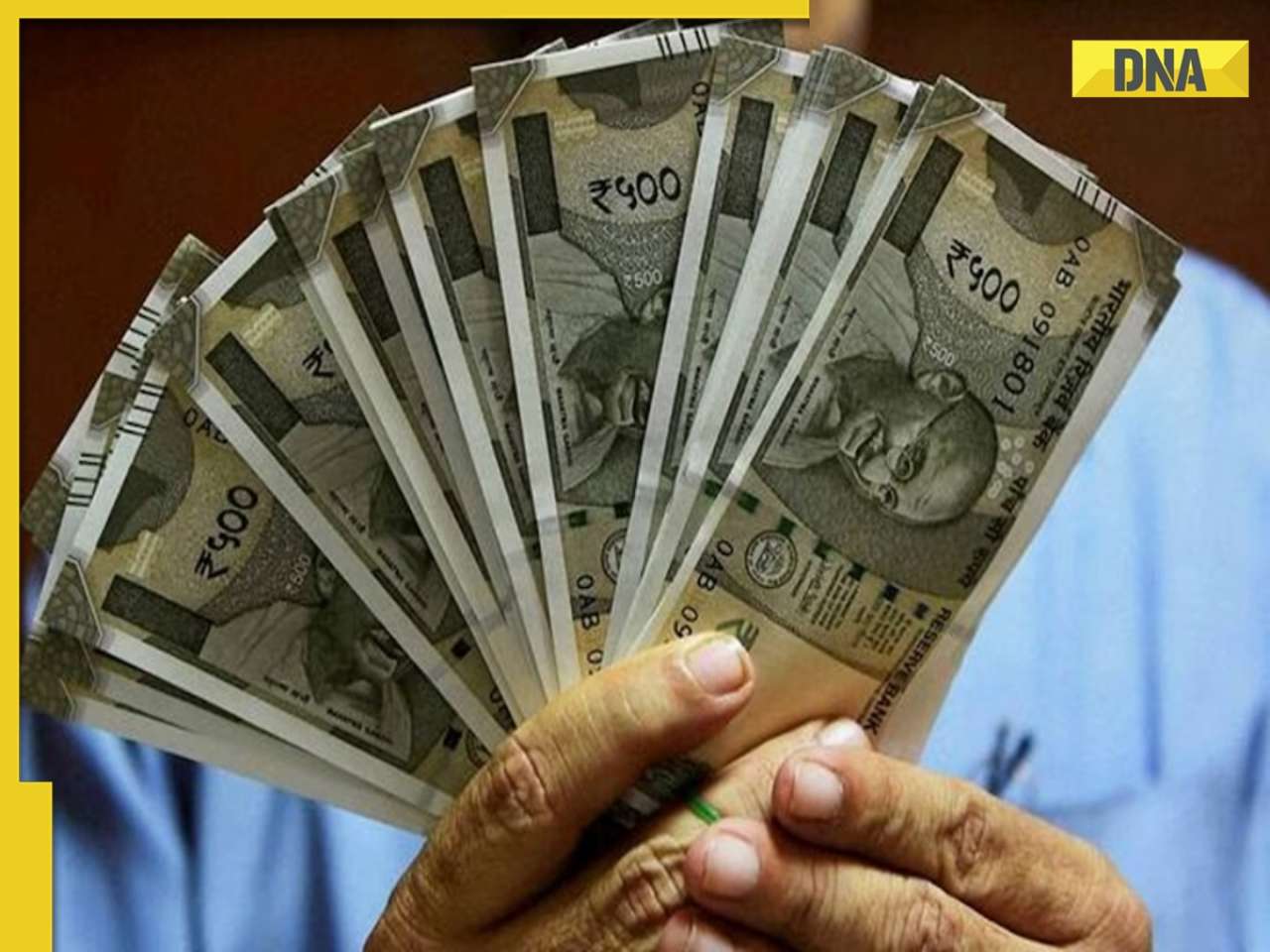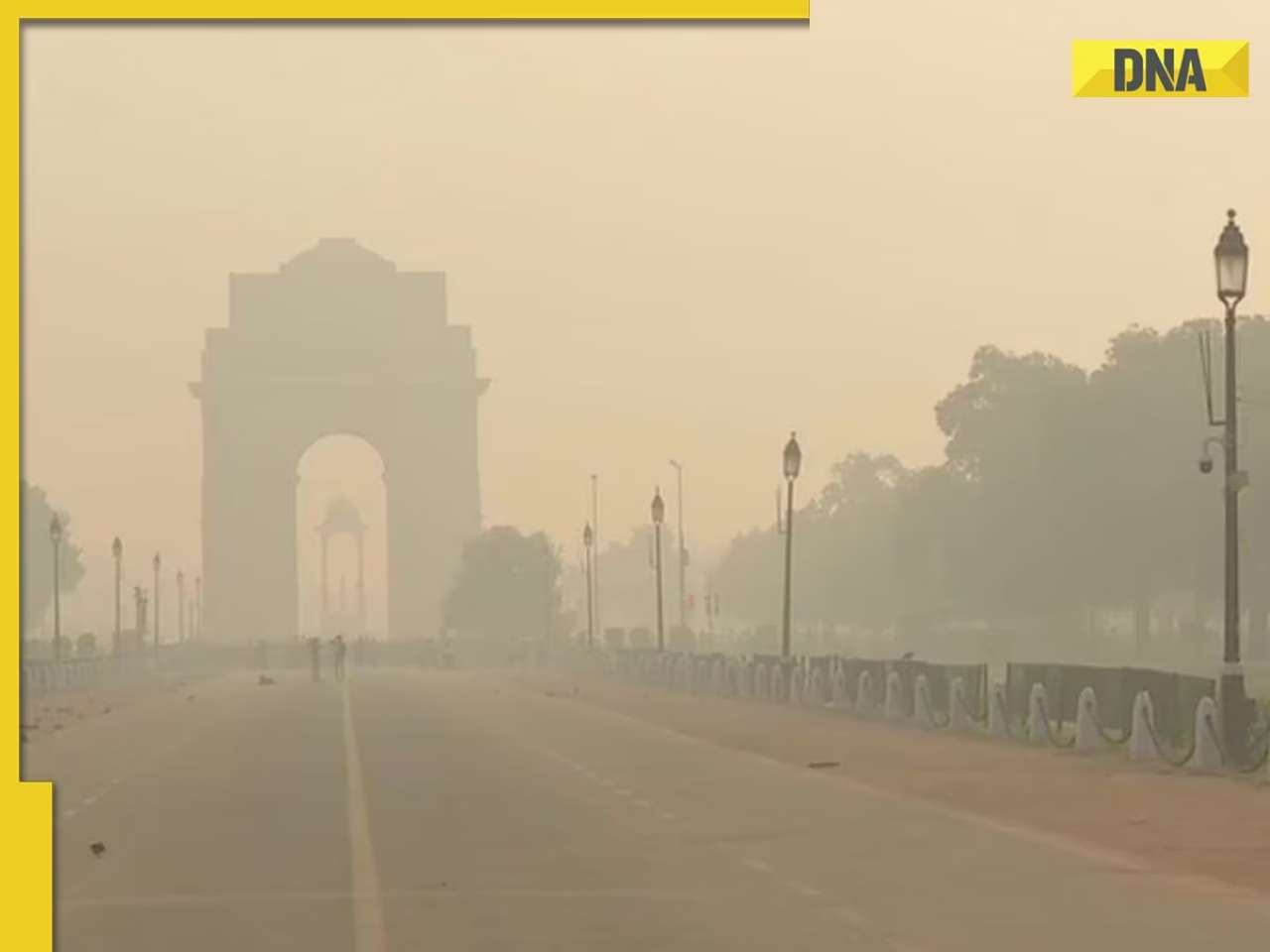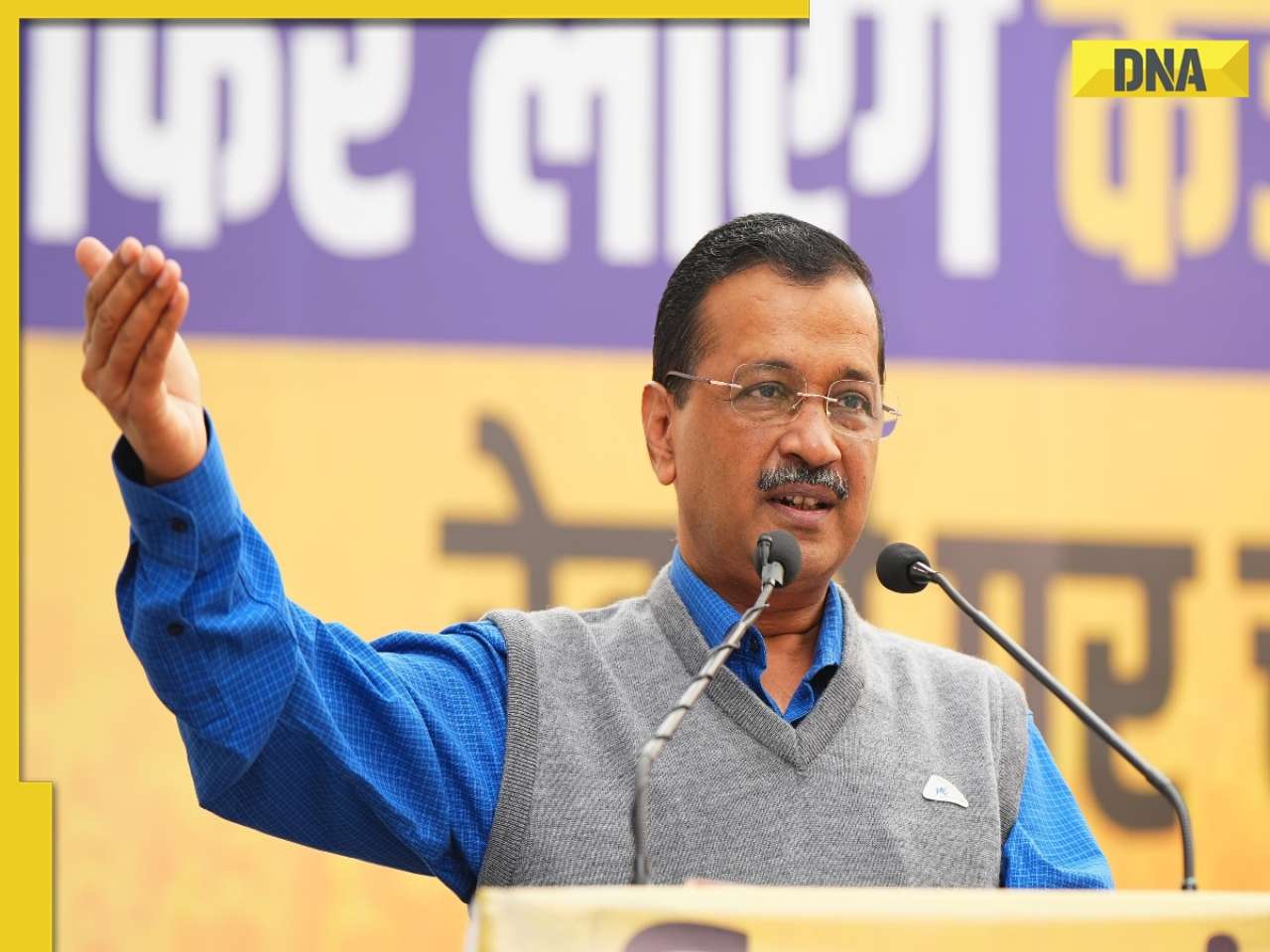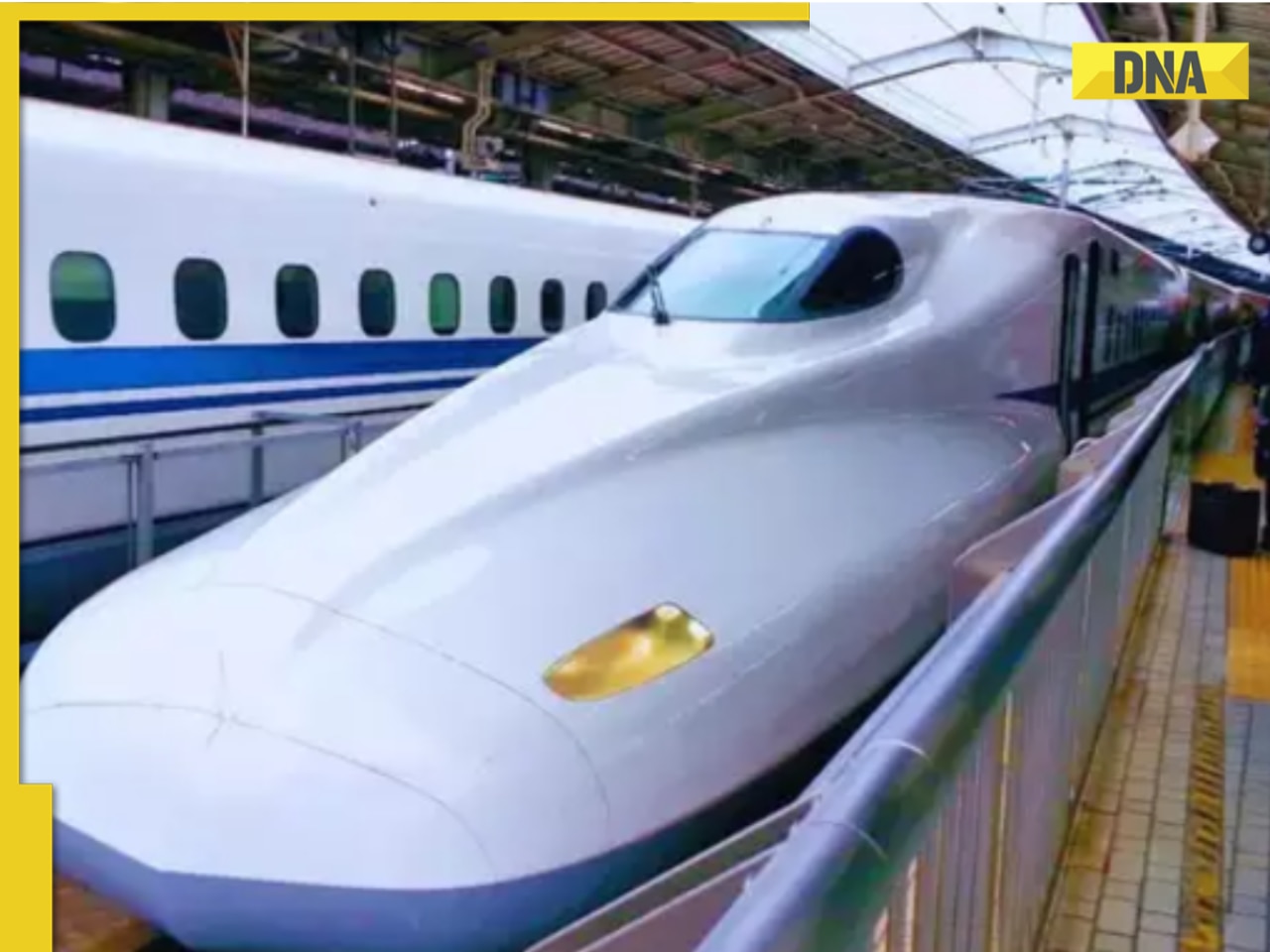- LATEST
- WEBSTORY
- TRENDING
WORLD
Russia-Ukraine war: 10 points on the ICJ verdict and its legal implication
ICJ president Joan Donoghue, said the court is not in possession of evidence substantiating Russian allegations of genocide on Ukrainian territory.
TRENDING NOW
In a big blow to Russia, the International Court of Justice (ICJ), on Wednesday ordered the communist country to suspend the Ukraine invasion. "By 13-2 votes, the Russian Federation shall immediately suspend military operations that it commenced on February 24," the ICJ verdict read.
Since the onset of the war, this is the first time ICJ has handed out such a verdict. An elated Ukrainian President Volodymyr Zelenskyy said Ukraine gained a complete victory in its case against Russia at the ICJ. He repeated that the ICJ ordered to immediately stop the invasion.
"The order is binding under international law. Russia must comply immediately. Ignoring the order will isolate Russia even further," he added.
Read | International Court of Justice orders Russia to stop military actions in Ukraine immediately
10 points from the verdict and what it means
1. The court president, US judge Joan Donoghue, said the court is not in possession of evidence substantiating Russian allegations of genocide on Ukrainian territory.
2. In any case, she said it was 'doubtful' the Genocide Convention gives any authority for the 'unilateral use of force in the territory of another state'.
3. The International Court of Justice (ICJ) unanimously ordered that both parties must refrain from any acts which may aggravate the dispute.
4. The order reads that the court considers Ukraine has a plausible right not to be subjected to military operations by the Russian Federation.
5. Ukrainian government had accused Russia of carrying out and 'planning acts of genocide in Ukraine' and had inter alia urged the ICJ to urgently indicate provisional measures directing Russia to suspend its ongoing military onslaught.
6. ICJ rulings are binding under the UN Charter, and the court order noted they 'create international legal obligations for any party to whom the provisional measures are addressed', but it has no means of enforcement.
7. Russia did not attend an initial hearing of the case on March 4, nor did its lawyers turn up to hear the ruling on Wednesday.
8. Instead they sent a letter to the court claiming the ICJ did not have jurisdiction over the case, because Russia had formally justified the attack in a letter to the UN secretary general on grounds of self-defence, not on genocide.
9. The ICJ passed the order on the request of Ukraine for the indication of provisional measures in the case concerning Allegations of Genocide under the Convention on the Prevention and Punishment of the Crime of Genocide against Russia.
10. Earlier in the day, Volodymyr Zelenskyy addressed the US Congress and urged to do more to help Ukraine's fight against Russia, but acknowledged the no-fly zone he has sought to close the sky over his country may not happen.
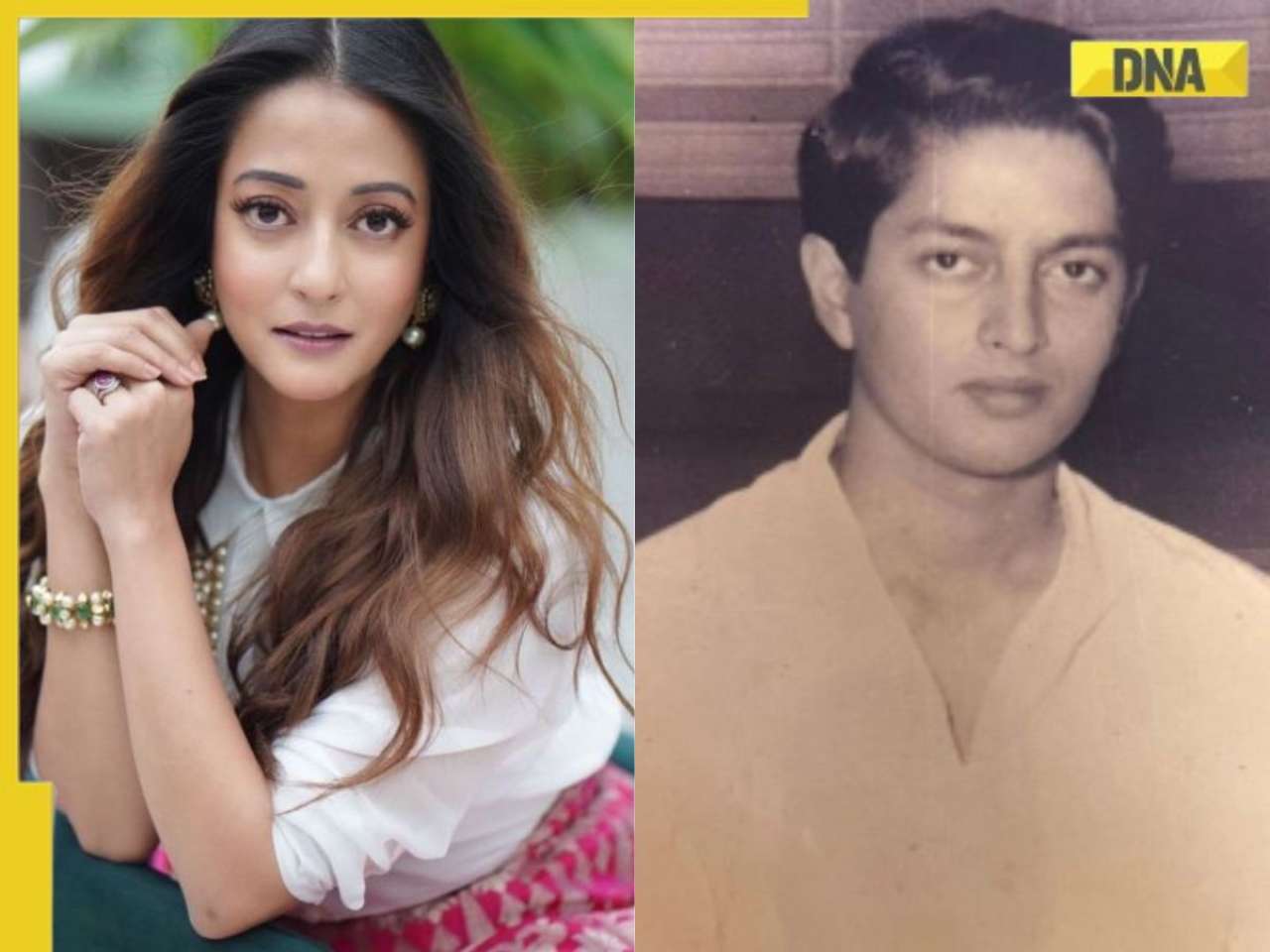
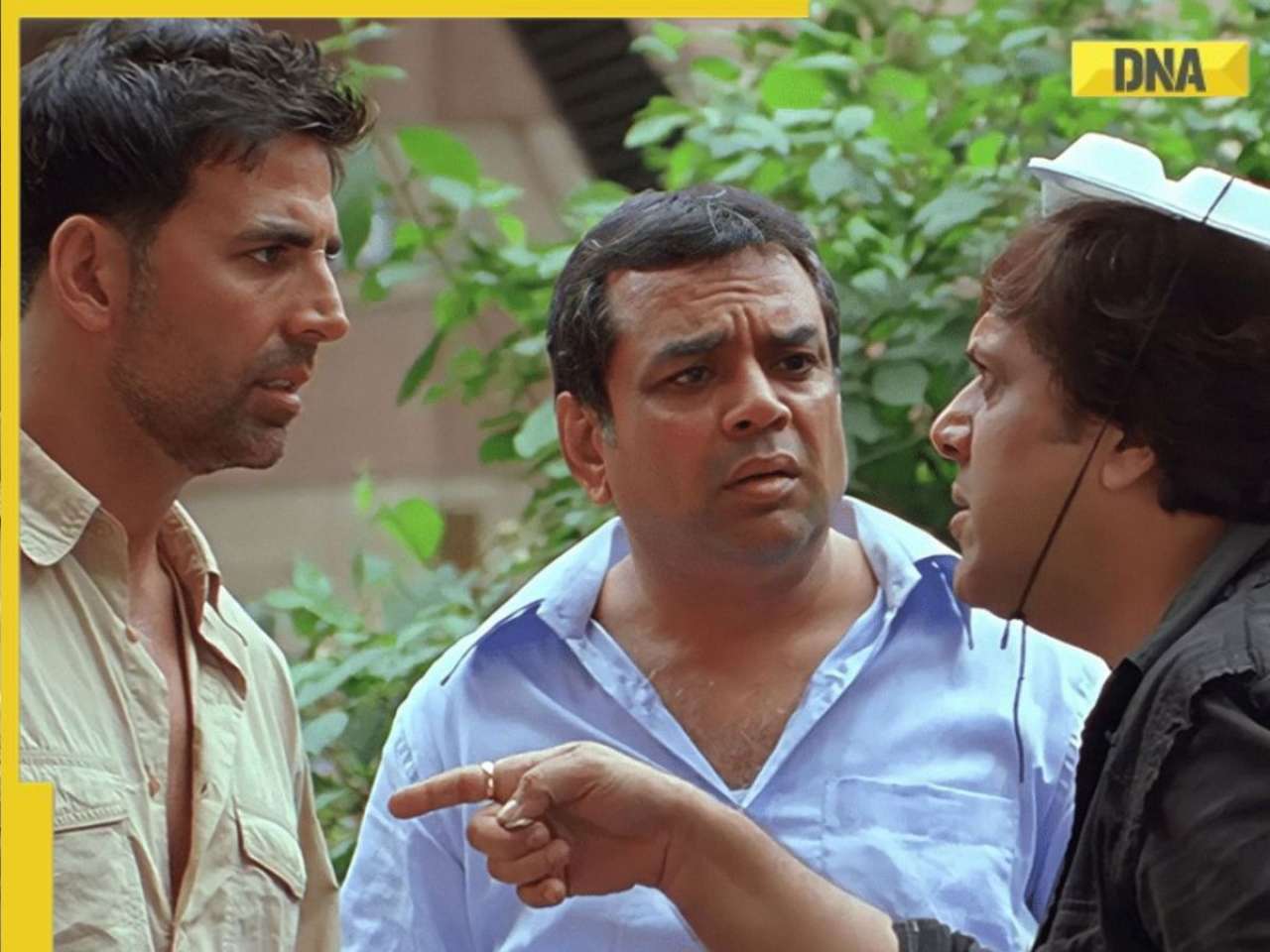
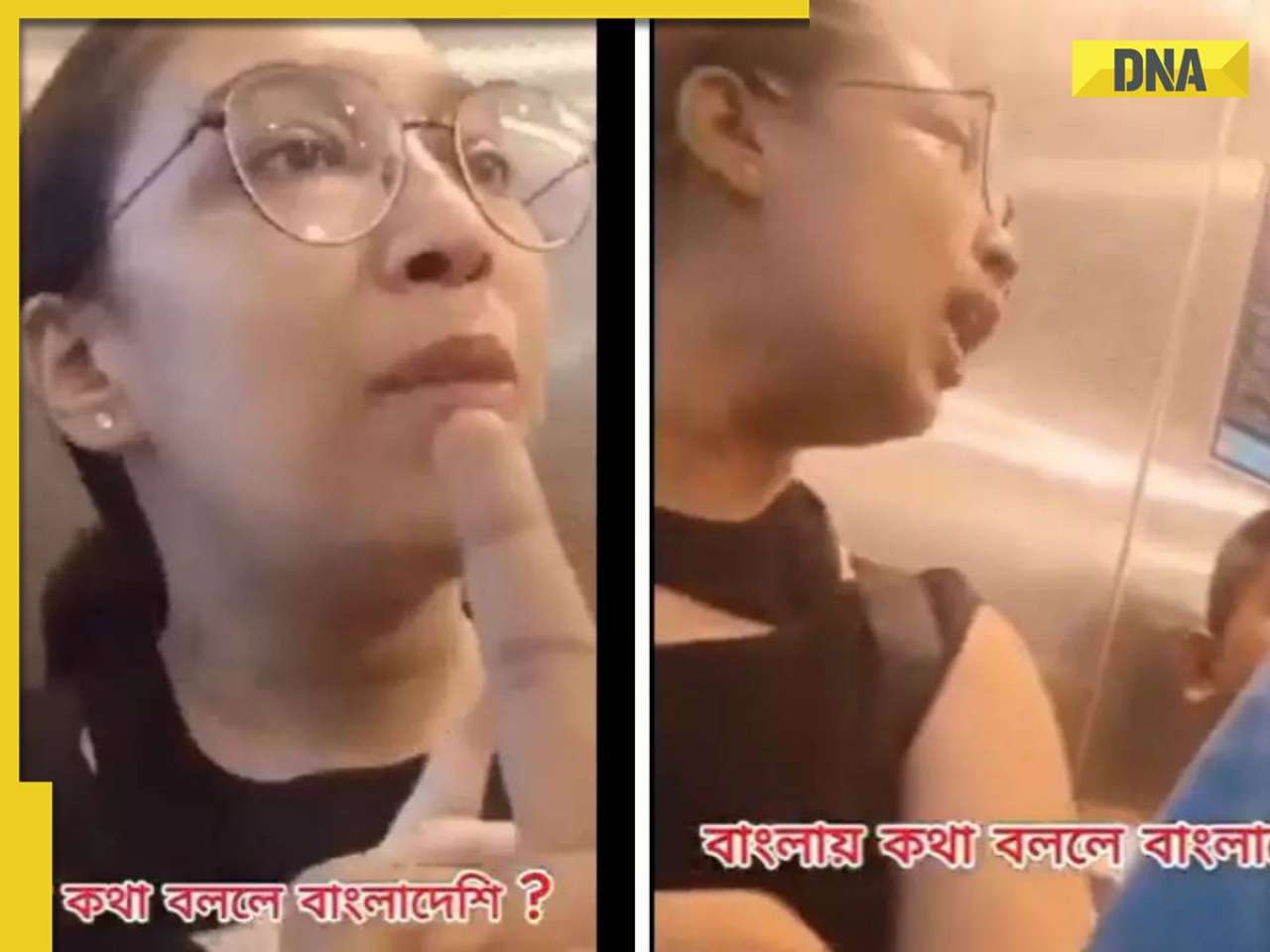




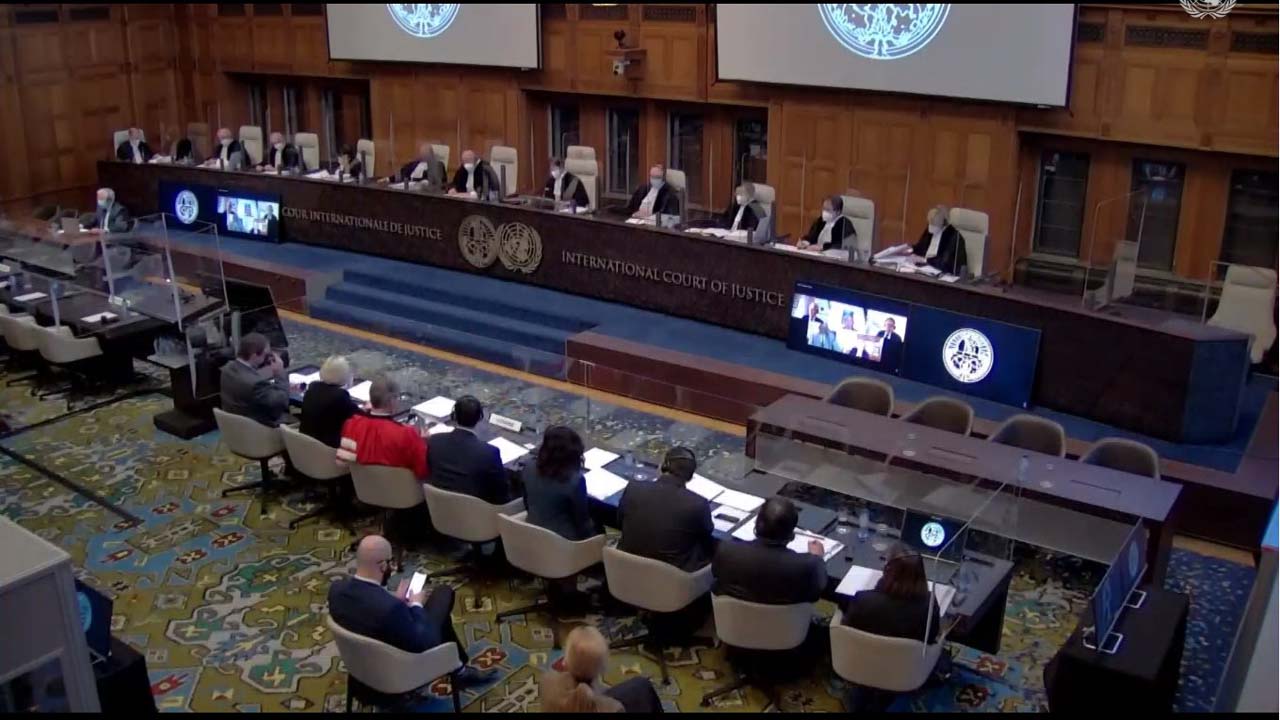)
)
)
)
)
)
)
)
)
)
)
)
)
)
)
)






